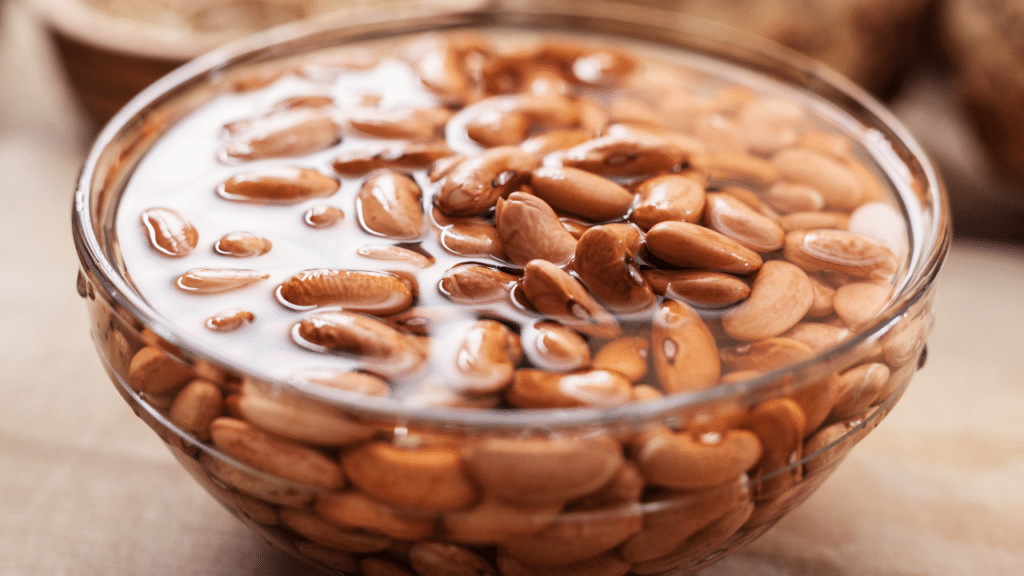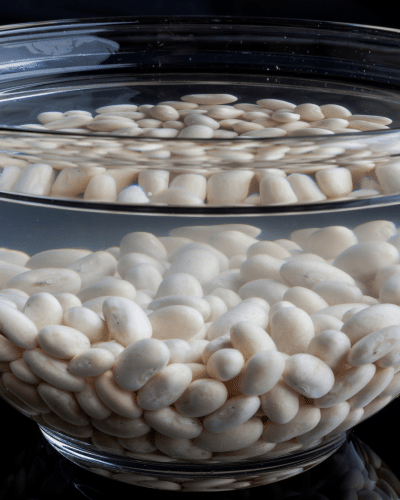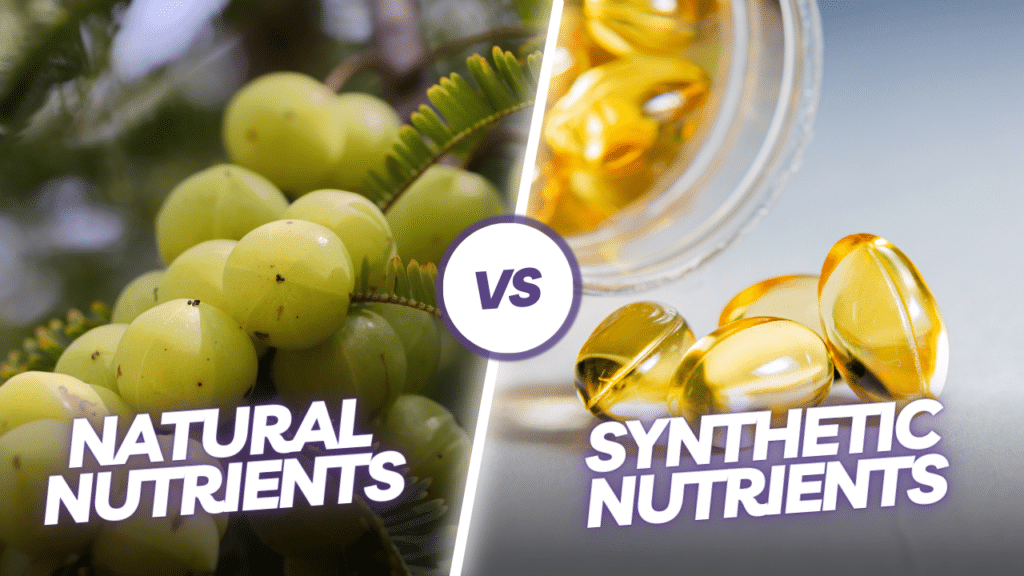The Importance of Soaking Lentils Before Cooking: Health Benefits and Tips

Lentils are an essential part of many diets worldwide, known for their rich nutritional profile, versatility, and ease of preparation. They are an excellent source of plant-based protein, fiber, vitamins, and minerals, making them a staple in vegetarian, vegan, and health-conscious diets. However, many people overlook a crucial step before cooking lentils: soaking.
Soaking lentils before cooking is more than just a culinary tradition; it has significant health and cooking benefits. In this detailed guide, we’ll explore why you should always soak lentils before cooking, how it improves their nutritional value, and the best soaking techniques to follow.
The Nutritional Powerhouse: Lentils
Lentils are packed with essential nutrients that contribute to overall health and well-being. Here’s a breakdown of what makes them so beneficial:

- High in Protein: Lentils are an excellent plant-based protein source, making them ideal for vegetarians and vegans.
- Rich in Fiber: The high fiber content promotes digestive health, prevents constipation, and helps regulate blood sugar levels.
- Loaded with Essential Minerals: Lentils provide iron, potassium, magnesium, and zinc, which are vital for bodily functions.
- Low in Fat and Calories: They are an excellent food for weight management and heart health.
- Packed with Antioxidants: Lentils contain antioxidants that fight inflammation and support immune function.
While these nutrients make lentils a superfood, soaking them before cooking enhances their nutritional benefits even further.
Why You Should Soak Lentils Before Cooking
1. Enhances Nutrient Absorption
Lentils contain antinutrients like phytic acid, which can inhibit the absorption of essential minerals such as iron, calcium, and zinc. Soaking helps break down these compounds, making nutrients more bioavailable and enhancing their absorption in the body.
2. Improves Digestibility
Many people experience bloating or indigestion after consuming lentils. This is due to complex carbohydrates called oligosaccharides, which are difficult for the body to digest. Soaking helps reduce these compounds, making lentils easier on the stomach and minimizing digestive discomfort.
3. Reduces Cooking Time
Pre-soaking softens lentils, allowing them to cook faster and more evenly. This not only saves time but also helps retain more nutrients compared to prolonged cooking.
4. Lowers Antinutrient Content
Antinutrients like lectins and tannins can interfere with digestion and reduce the effectiveness of certain enzymes. Soaking neutralizes these substances, making lentils safer and healthier to consume.
5. Enhances Flavor and Texture
Soaking allows lentils to absorb water, leading to a smoother texture and richer flavor when cooked. This can improve the overall taste and consistency of your dishes.

How to Soak Lentils Properly
Soaking lentils is a simple yet effective process. Follow these steps to get the best results:
- Rinse thoroughly: Wash lentils under running water to remove dirt, debris, and any surface residues.
- Soak in clean water: Place lentils in a bowl and add enough water to cover them completely. Allow them to soak for 4–8 hours or overnight.
- Drain and rinse again: Discard the soaking water and rinse the lentils before cooking to remove any remaining antinutrients.
- Cook as needed: Once soaked, cook lentils according to your recipe. They will require less cooking time than unsoaked lentils.
Cooking Soaked Lentils: Best Practices
Once your lentils are soaked, cooking them becomes even easier. Follow these tips for perfectly cooked lentils:
- Use Fresh Water: Always cook lentils in fresh water rather than the soaking water to remove any residual anti-nutrients.
- Season Wisely: Add salt and acidic ingredients (like tomatoes or vinegar) towards the end of cooking to prevent the lentils from becoming tough.
- Monitor Cooking Time:
- Whole lentils: 20-30 minutes
- Split lentils: 10-15 minutes
- Cook on Low Heat: Simmering lentils on low heat prevents them from becoming mushy.
Soaking lentils before cooking is a simple yet effective practice that enhances their nutritional value, digestibility, and culinary qualities. By dedicating a small amount of time to this preparatory step, you can maximize the health benefits and enjoyment of this versatile legume in your meals.
Frequently Asked Questions (FAQs) About Soaking Lentils
1. Why should I soak lentils before cooking?
Soaking lentils helps reduce cooking time, improves digestibility, and minimizes anti-nutrients like phytic acid, which can interfere with nutrient absorption. It also enhances the texture and flavor of the lentils.
2. How long should I soak lentils?
Ideally, lentils should be soaked for 4 to 8 hours. However, if you’re short on time, a quick soak of 30 minutes in warm water can also be beneficial.
3. Can I cook lentils without soaking them?
Yes, you can cook lentils without soaking, but they may take longer to cook and might be harder to digest for some individuals. Pre-soaking helps soften them and improves nutrient absorption.
4. Does soaking lentils remove nutrients?
No, soaking actually enhances nutrient availability by breaking down anti-nutrients. This allows your body to absorb more vitamins and minerals from the lentils.
5. Should I discard the soaking water?
Yes, it is advisable to discard the soaking water and rinse the lentils before cooking. This helps remove impurities, phytic acid, and other substances that can cause bloating or digestive discomfort.
6. Do all types of lentils require soaking?
Whole lentils and larger varieties like kidney beans and chickpeas benefit the most from soaking. However, smaller lentils like red lentils (masoor dal) or split lentils cook quickly and do not necessarily require soaking.
7. Can I soak lentils overnight?
Yes, soaking lentils overnight (around 8 hours) is completely safe and beneficial. Just ensure you store them in the refrigerator to prevent fermentation, especially in warmer climates.
8. Is it necessary to soak store-bought packaged lentils?
While most packaged lentils are pre-cleaned, soaking still helps improve digestibility and reduces cooking time. However, always check the packaging instructions for specific recommendations.








Responses